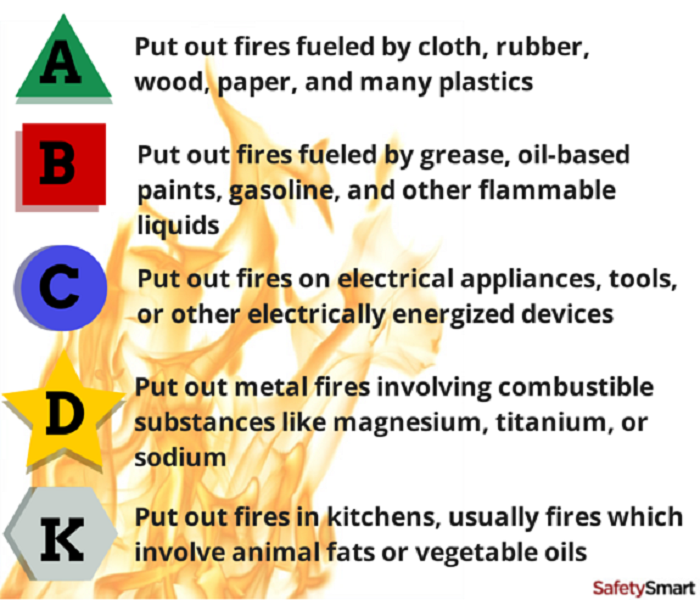14 Ways to Prepare for Fire Prevention Month
9/29/2014 (Permalink)
Reprinted from SafetySmart.com
Though most of us need a careful balance of caffeine, sleep, food, exercise, and regular installments of our favorite TV shows to get by, fire only needs three elements– heat, fuel, and oxygen — to come to life and wreak more destruction than Gallagher at a farmer’s market. October is National Fire Prevention Month, so there’s no better time than now to evaluate your emergency preparedness. Workplace fires can result in loss of life, loss of jobs, and loss of property. But by taking these 14 precautions, you can make sure that a fire-related emergency is something that you’ll likely never have to worry about. Get ahead of Fire Prevention Month and use this as checklist to evaluate your workplace:
1. Know your fire extinguishers! One size does not fit all – in fact, using the wrong fire extinguisher during an emergency can quickly turn a small flame into a big emergency.
2. Test your smoke alarms. Batteries should be changed at least once a year.
3. Do a fire drill and establish an employee meeting place. Make sure you have emergency plans in place and that all exits are visible and accessible. Also ensure that workers with mobility challenges are assigned a helpful coworker to assist them in the event of an emergency.
4. Check your electrical outlets. Don’t overload electrical circuits.
5. Keep heat producing appliances away from flammable materials – this includes coffee makers, copy machines, and space heaters.
6. Check your electrical cords. If they have been damaged (or give off mild electrical shock), replace them immediately.
7. Make sure you have metal containers available for the disposal and storage of oily rags.
8. Designate safe areas for employees who smoke. Never smoke in storerooms or near chemical storage areas. Make sure that receptacles are available for the safe disposal of cigarettes.
9. If you have equipment that delivers mild electrical shock when energized, don’t use it! Also refrain from using equipment that gives off unusual heat or smells odd. If in doubt have it checked and repaired or replaced.
10. To help prevent fires that occur as a result of arson, lock up your workplace after hours and report suspicious behavior. Never leave combustible material outside of your building.
11. Check for blockages – make sure that clutter isn’t blocking your access to emergency equipment and fire exits. Signs posted on walls and doorways may also be blocked by stacked items. Make sure all emergency signs are visible.
12. Check that your alarm system includes voice communication or sounds, like bells, whistles, or horns. Ensure that your workers are familiar with its sound. Review your alarm system and evacuation plan whenever it is changed.
13. Post reporting instructions and local fire department codes on information boards, common areas, and near telephones.
14. Talk about the importance of sleep and encourage workers not to perform risky jobs while fatigued. It’s much easier to make mistakes when you’re sleep-deprived. You could leave an appliance plugged in, forget to properly store an oily rag, or make a dangerous mistake. Make sure you and your colleagues get the rest you need so you can stay alert at work.




 24/7 Emergency Service
24/7 Emergency Service
